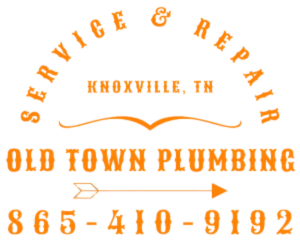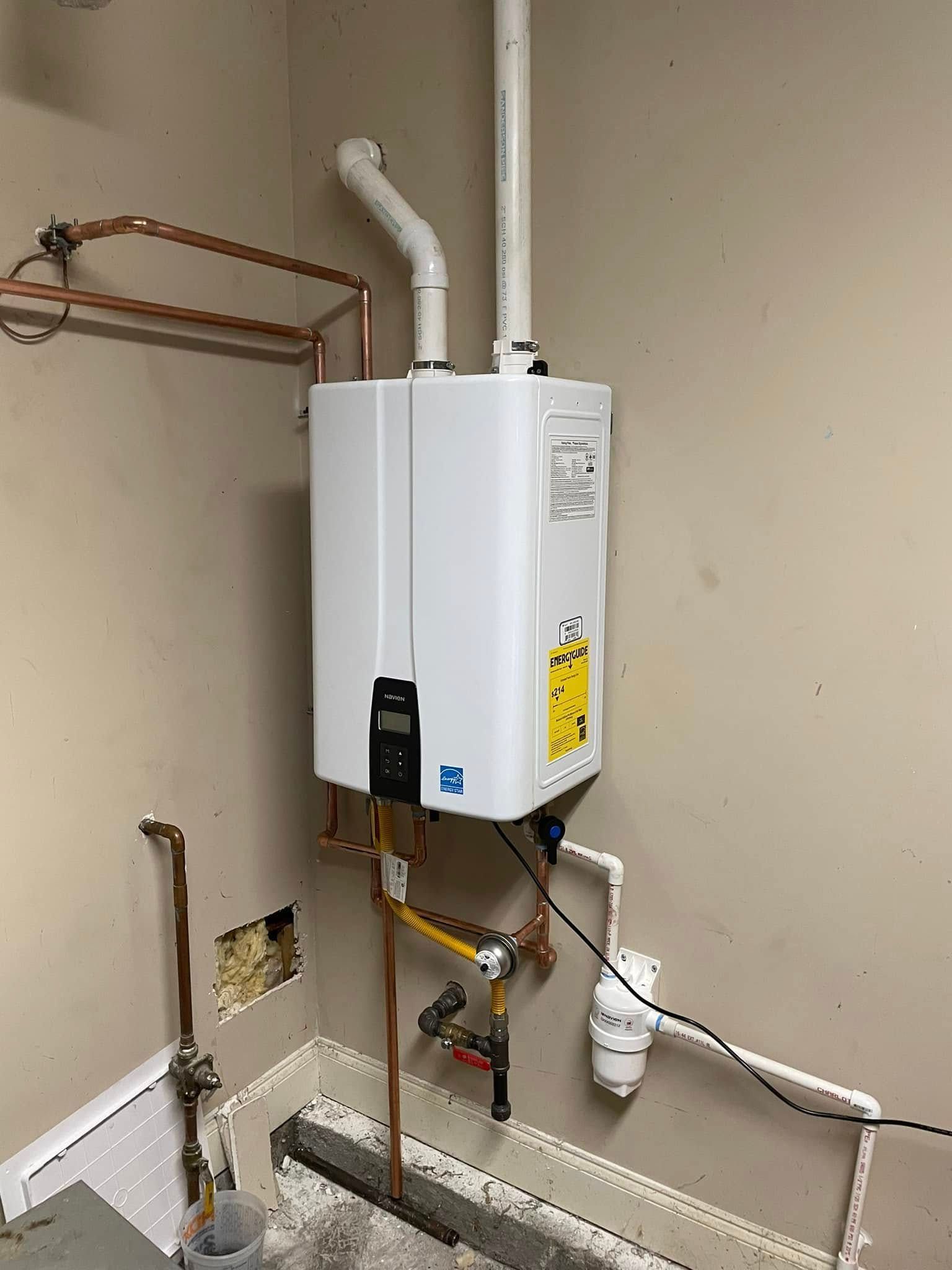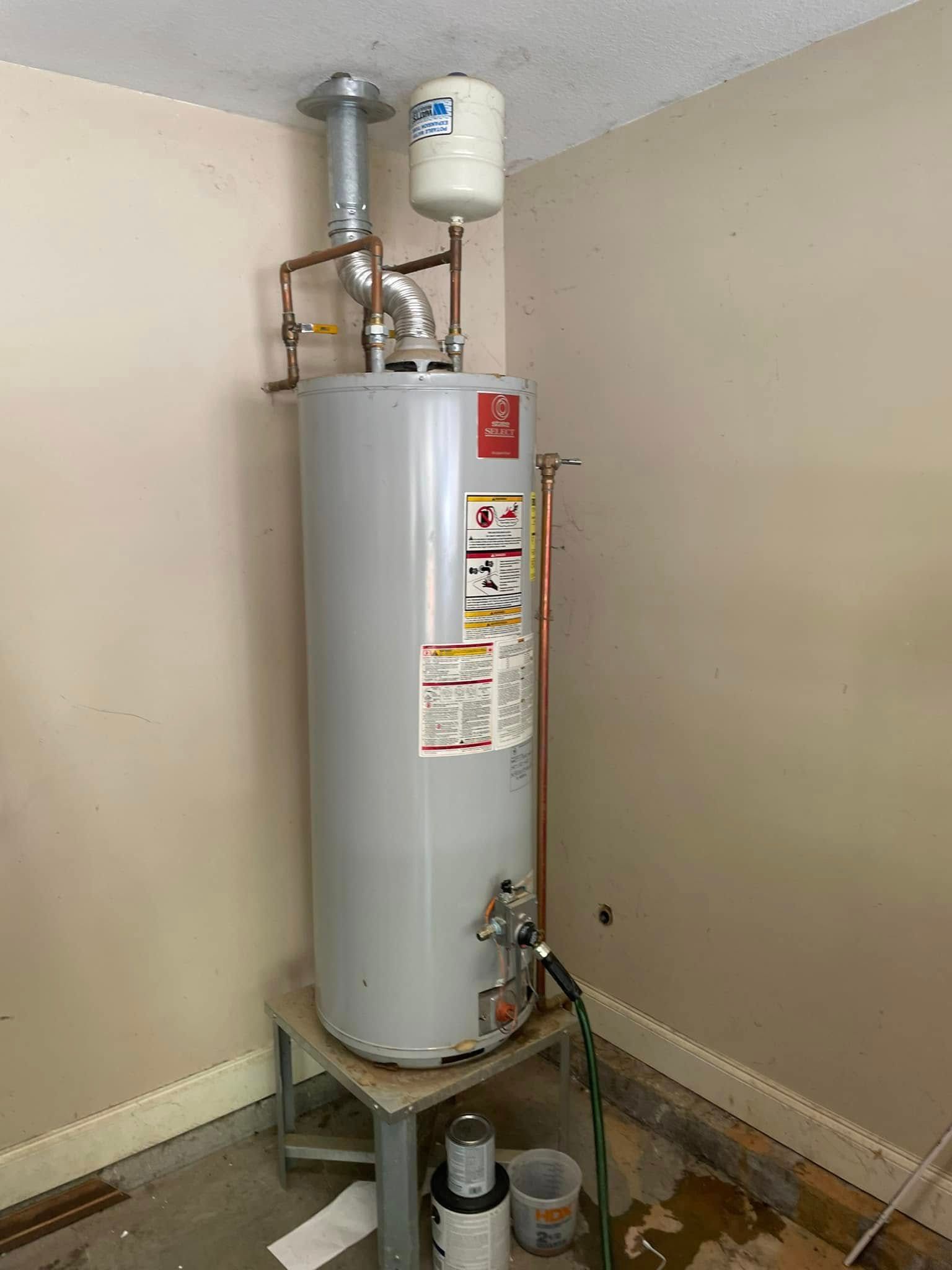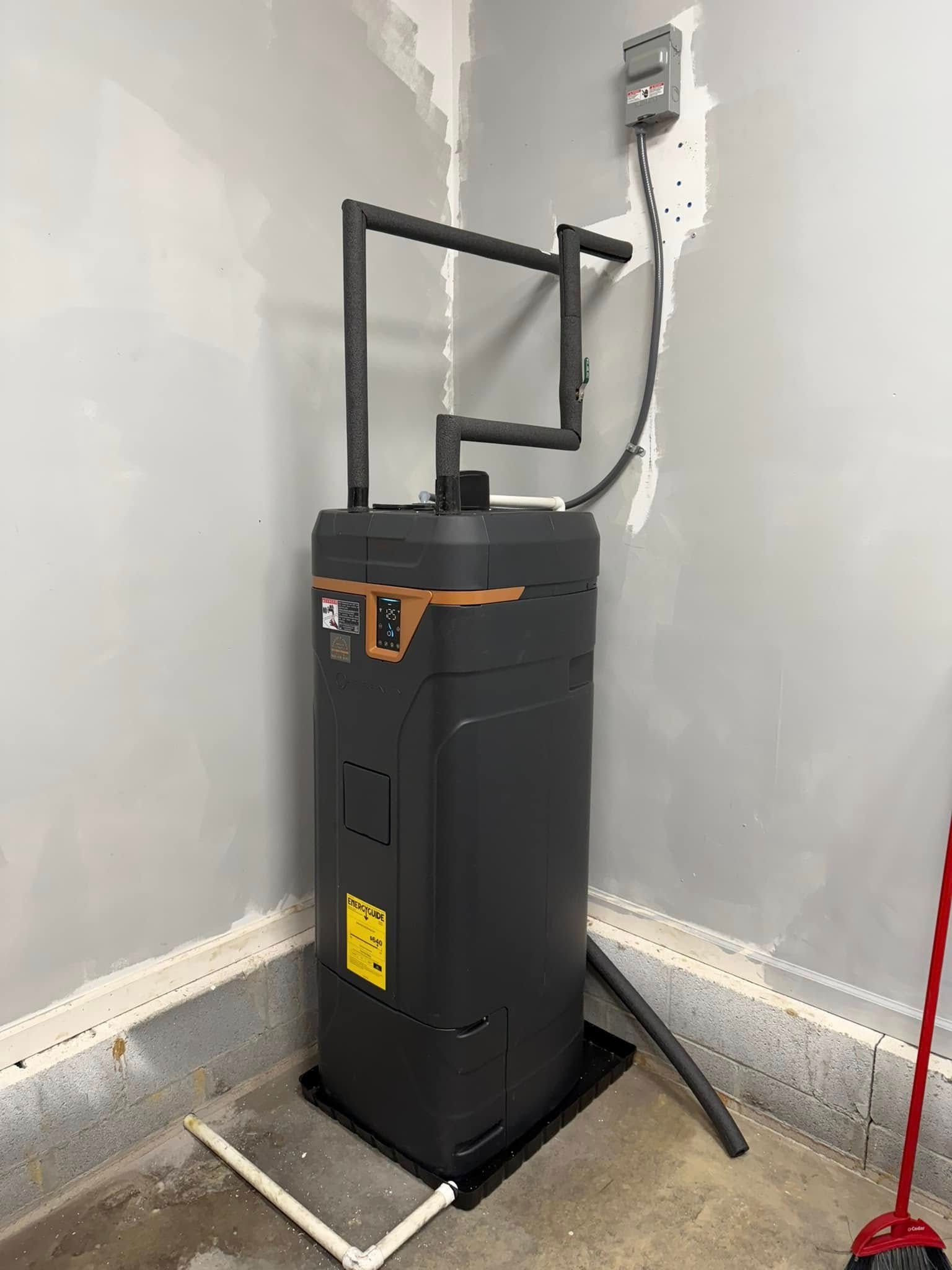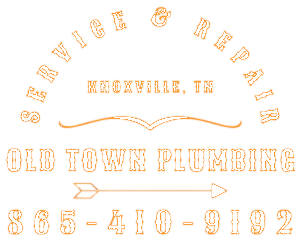Why Your Water Heater Makes Strange Noises
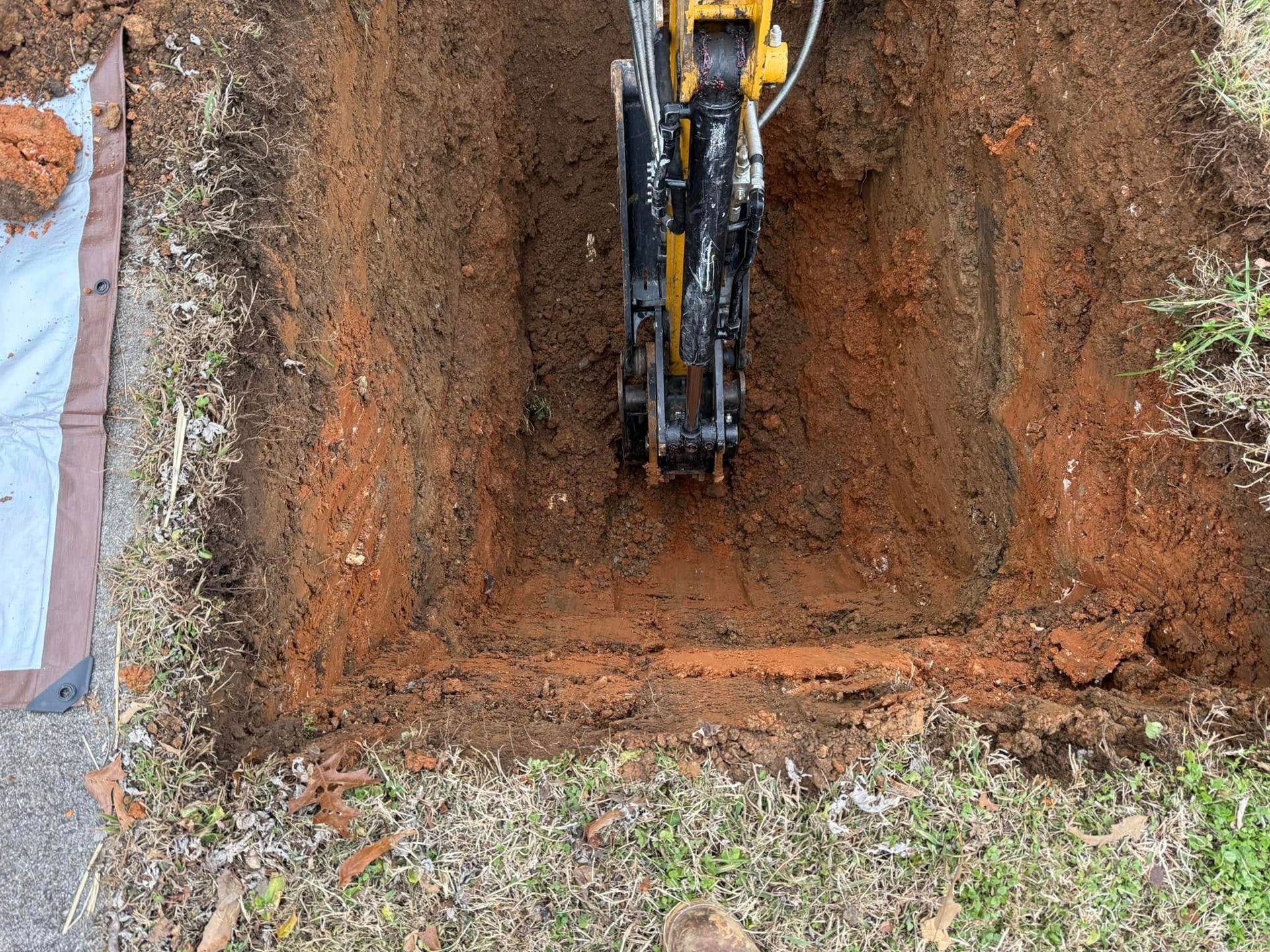
Table of Contents
- The Real Reason Your Noisy Water Heater Shouldn’t Be Ignored
- What’s Hiding Behind Those Strange Sounds
- The Common Culprits of Water Heater Issues
- Decoding the Sounds: What Each Noise Tells You
- When You Can Fix It Yourself—and When to Call a Pro
- How Routine Care Prevents Costly Water Heater Repair
- Final Thoughts
Key Takeaways
- A noisy water heater often signals sediment buildup, temperature or pressure problems, or worn-out components.
- Not every sound means danger, but some noises warn of potential leaks or system failure.
- Consistent flushing and maintenance can prevent major water heater repair costs.
- When the problem goes beyond DIY fixes, it’s best to call Old Town Plumbing for expert service you can trust.
The Real Reason Your Noisy Water Heater Shouldn’t Be Ignored
If you’ve ever been startled by a loud pop or rumble coming from your water heater, you’re definitely not alone. We’ve had plenty of homeowners call us in a panic, worried that their tank might be ready to burst. The truth is, a noisy water heater isn’t just an inconvenience—it’s often a cry for help.
We’ve seen how quickly small water heater issues can turn into major repairs if they’re left unchecked. Those strange sounds—whether it’s banging, sizzling, or knocking—are your unit’s way of telling you something’s off. And while not every noise means trouble, knowing what’s normal and what’s not can save you from a surprise cold shower or, worse, a flooded utility room.
So, let’s break down what’s really happening when your water heater starts talking back.
What’s Hiding Behind Those Strange Sounds
Inside every water heater, there’s a simple but powerful process at work: cold water enters the tank, gets heated by gas or electricity, and then flows out when you turn on the tap. It sounds straightforward, but when minerals, pressure, or worn-out parts come into play, things can get noisy fast.
We often compare it to a car engine—you can tell when it’s running smoothly, and you can definitely tell when it’s not. That’s how it is with your water heater, too. The noises you hear are early signs that something is changing inside the tank. Maybe sediment has built up at the bottom. Maybe the pressure valve is struggling. Or maybe age has simply caught up with the unit.
Whatever the reason, it’s best not to ignore it. Once you recognize the sound, you’ll know how serious the issue might be—and whether it’s something you can handle or something that needs a professional touch from a local water heater repair expert.
The Common Culprits of Water Heater Issues
Let’s take a look at the most frequent causes we encounter when servicing noisy water heaters around the area:
1. Sediment Buildup
Over time, minerals from your water—especially if it’s hard water—settle at the bottom of the tank. When your heater turns on, the burner tries to heat the water through that sediment layer, which traps air bubbles. The result? Loud pops or rumbling sounds that can make it seem like your water heater’s boiling over.
We’ve drained tanks that looked more like sandboxes than plumbing equipment. Once that buildup gets thick enough, it reduces efficiency, shortens your heater’s lifespan, and can even cause overheating.
2. Expanding Metal
As your heater warms up, the metal parts inside expand. If there’s any corrosion or structural stress, that expansion can cause ticking, tapping, or creaking noises. Think of it like the sound of old pipes settling in a house—it’s not always a sign of failure, but it’s worth monitoring.
3. Pressure Problems
A steady hissing or whistling noise could mean the pressure inside the tank is too high. That’s not something you want to ignore. Excess pressure puts your system at risk of leaks or, in extreme cases, bursts. Most modern units have temperature and pressure (T&P) relief valves for safety, but those valves can wear down over time.
4. Loose or Failing Components
Heating elements, valves, and connections loosen with age. When that happens, vibrations can cause knocking or banging noises. Sometimes, it’s just a small part that needs tightening; other times, it signals a component that’s nearing the end of its life.
5. Scale on the Heating Element
If you have an electric water heater, calcium and magnesium deposits can harden on the heating elements. That buildup makes the element work harder—and noisier—to heat your water.
Decoding the Sounds: What Each Noise Tells You
It’s one thing to hear noises, but understanding what they mean gives you an edge.
Here’s what different sounds typically indicate:
- Popping or Rumbling –
This usually means there’s sediment buildup at the bottom of the tank. As the water heats and bubbles through the sediment, it makes those popping noises. - Sizzling or Hissing –
Often happens when water drips onto hot surfaces, suggesting a leak or condensation issue near the heating element. - Knocking or Hammering –
This can be caused by water hammer—when the flow of water suddenly stops or changes direction, shaking the pipes. - Whining or Screeching –
These sharp noises might point to a valve problem or restricted water flow. - Tapping or Clicking –
Usually the sound of metal expansion and contraction. It’s not immediately harmful, but worth checking if it becomes frequent.
The tricky part is that many homeowners assume noise equals danger—but that’s not always true. The real concern is when those noises become consistent, louder, or accompanied by other warning signs like water leaks, fluctuating temperatures, or rusty water.
When You Can Fix It Yourself—and When to Call a Pro
We’re big believers in empowering homeowners to take care of their systems. Some water heater issues are perfectly safe to troubleshoot on your own. For example, if you suspect sediment buildup, you can drain and flush the tank—most manufacturers recommend doing this once or twice a year.
Here’s what you can do safely:
- Turn off the power and water supply.
- Attach a hose to the drain valve at the bottom of the tank.
- Let the water (and sediment) flush out completely.
- Refill the tank and restore power.
If the noises stop after a flush, you’ve likely solved the issue. But if the problem persists—or if you notice leaks, pressure problems, or discolored water—it’s time to bring in a licensed plumber.
We’ve handled countless water heater repair cases where DIY efforts only scratched the surface. What looked like a simple noise problem often turned out to be a failing anode rod, corroded tank lining, or worn-out pressure valve. Those aren’t things you want to experiment with, especially given the safety risks of hot water and high pressure.
When in doubt, it’s safer (and ultimately cheaper) to call the professionals who know the system inside and out.
How Routine Care Prevents Costly Water Heater Repair
A little maintenance goes a long way in keeping your water heater quiet and efficient. Most noisy water heaters we service could have avoided problems with just a few preventive steps:
- Flush the tank annually to remove sediment buildup.
- Inspect the anode rod every few years—it prevents corrosion inside the tank.
- Check the T&P valve to ensure pressure is releasing properly.
- Set the temperature to around 120°F to prevent overheating and scale buildup.
We always remind homeowners: your water heater works every single day, often for years without attention. Giving it a quick inspection or professional tune-up can extend its lifespan, improve efficiency, and help you avoid the kind of surprise breakdowns that happen at the worst possible times.
If you’re thinking about upgrading your old unit, you might also consider a tankless water heater installation for better efficiency and consistent hot water flow.
For families that rely on hot water for laundry, dishes, and showers, that peace of mind is worth a lot more than a few minutes of maintenance.
Final Thoughts
Your water heater should operate quietly in the background—not demand attention with strange noises. When it starts talking, it’s a signal worth listening to. Whether it’s sediment buildup, pressure imbalance, or aging parts, identifying the cause early can save you time, money, and stress.
At Old Town Plumbing, we’ve helped countless homeowners silence their water heaters and restore comfort to their homes. If your system is making noises that just don’t sound right, reach out to our team for fast, professional help.
A noisy water heater might start as a small inconvenience—but with the right help, it doesn’t have to become a major problem.
Old Town Plumbing is here to make sure of that.
Frequently Asked Questions
Why is our water heater making noise?
We often hear popping, rumbling, or hissing sounds from a noisy water heater when sediment builds up at the bottom of the tank. As the water heats, trapped air bubbles escape, creating those strange sounds. Regular flushing usually helps quiet things down and prevents damage.
What causes most water heater issues?
Most water heater issues come from sediment buildup, worn-out parts, or high pressure inside the tank. Over time, these problems can reduce efficiency and lead to leaks. That’s why we recommend regular maintenance and inspection to keep your system running smoothly.
Can we fix a noisy water heater ourselves?
Yes, we can handle some basic maintenance like flushing the tank to remove sediment. However, if the noises continue or we notice leaks, temperature problems, or rust-colored water, it’s best to call a professional for a proper water heater repair.
When should we schedule a water heater repair?
We should schedule a water heater repair as soon as we notice strange noises, inconsistent hot water, or signs of leakage. Ignoring these issues can lead to costly damage or complete system failure. Early repairs save time, money, and stress.
How can we prevent future water heater issues?
We can prevent most water heater issues by flushing the tank annually, checking the anode rod, and keeping the temperature around 120°F. Routine care not only stops noise but also extends the life of our water heater and keeps it running efficiently.
